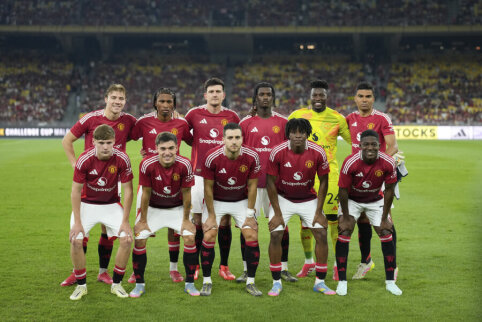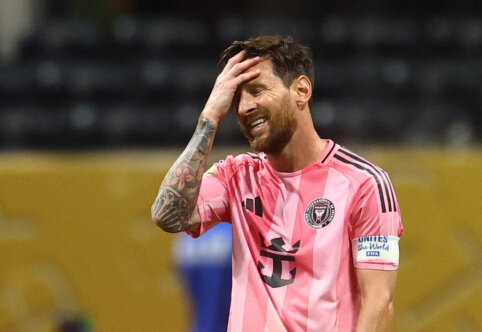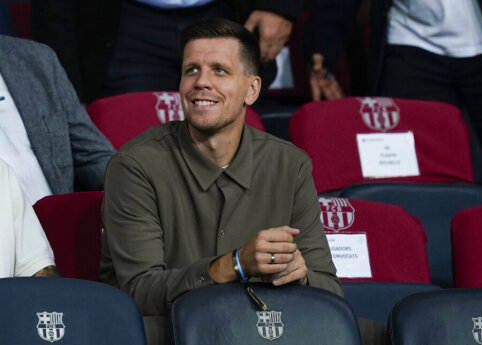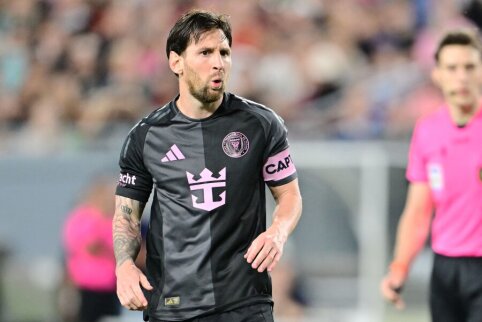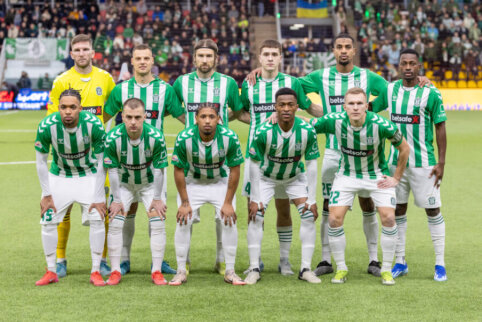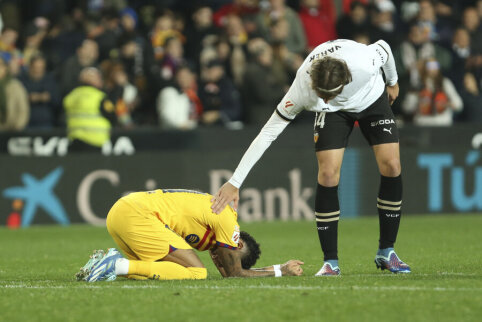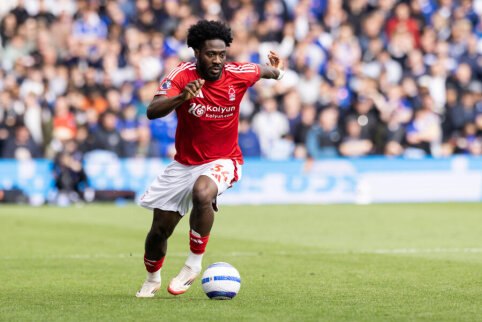 © EuroFootball.com
© EuroFootball.com
Various educators from different regions of Lithuania, kindergarten teachers, and children's football coaches learned new ways last week on how to engage children in football and organize activities that would not only be fun but also beneficial.
In the National Football Academy in Kaunas, the Lithuanian Football Federation (LFF) and the International Football Association (FIFA) organized mass football ("Grassroots") teacher-organizer courses. They were held in Lithuania for the second year in a row. In total, 35 grassroots football promoters from various cities and towns across the country gathered in Kaunas at the invitation of LFF.
The participants of the courses attended theoretical lectures where they learned how various grassroots football projects and festivals are organized, and during practical sessions, they took part in various games.
The training was led by FIFA instructor Jean-Marie Conzas from Switzerland, who stated that his goal is to pass on knowledge to future teachers and coaches. "In the world, professionals make up only a very small part of players. Everything else is grassroots football. The future of this sport depends on children. We are looking for solutions on how to involve them in the football family and make it enjoyable for them," said the specialist who previously led the national and youth teams of Saudi Arabia.
The guest from Switzerland praised the football festival that took place on the last day of the seminar, where about 100 children of various ages from the Kaunas region participated. "All the teachers were very focused, motivated, and eager to learn a lot," said J.M. Conzas. "The festival was impressive, and I was truly delighted. Working with such people is a pleasure. I believe that the future of Lithuanian grassroots football is in good hands."
LFF grassroots football project coordinator Vaidotas Rastenis stated that they tried to invite the most active enthusiasts to the courses. Some participated in such high-level courses for the first time, while others aimed to deepen their knowledge. "Everyone worked sincerely and creatively, interacted well with the children," said V. Rastenis. "Football has become an integral part of the teaching program for these educators. I am confident that the courses will help further popularize football, increase mass participation, and improve the quality of events and daily activities."
Football teachers-organizers have been organizing football festivals for children for several years, receiving gifts of various equipment, participating in LFF's long-term grassroots children's engagement program "Bring Kids Back to the Stadiums." According to V. Rastenis, these courses will help to more effectively utilize existing equipment and accumulated experience and further engage children in football.
According to Steponas Nacius, the head of the Ariogala association "Vienybė" and one of the most active grassroots football promoters in the Kaunas region, the most important thing is to let children enjoy football. "We don't have to demand tactical and technical moves from children. We just have to let them play," said S. Nacius.
Grassroots football events in Lithuania have been taking place for almost a decade now, and the number of participants in our country is constantly growing. A decade ago, barely 6100 non-professional footballers were registered at grassroots football events. Last year, the number of grassroots football participants reached 78,000.
Each year, the number of participants in the LFF's SVIS projects exceeds tens of thousands. The "Futboliuko" project in preschool educational institutions attracted about 10,000 participants this year, and the ongoing student games "Golas" involve about 11,000 participants.

